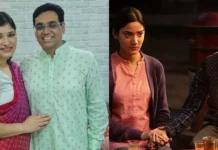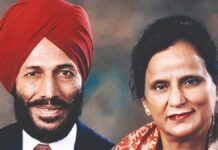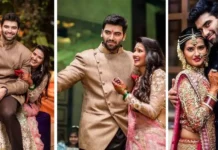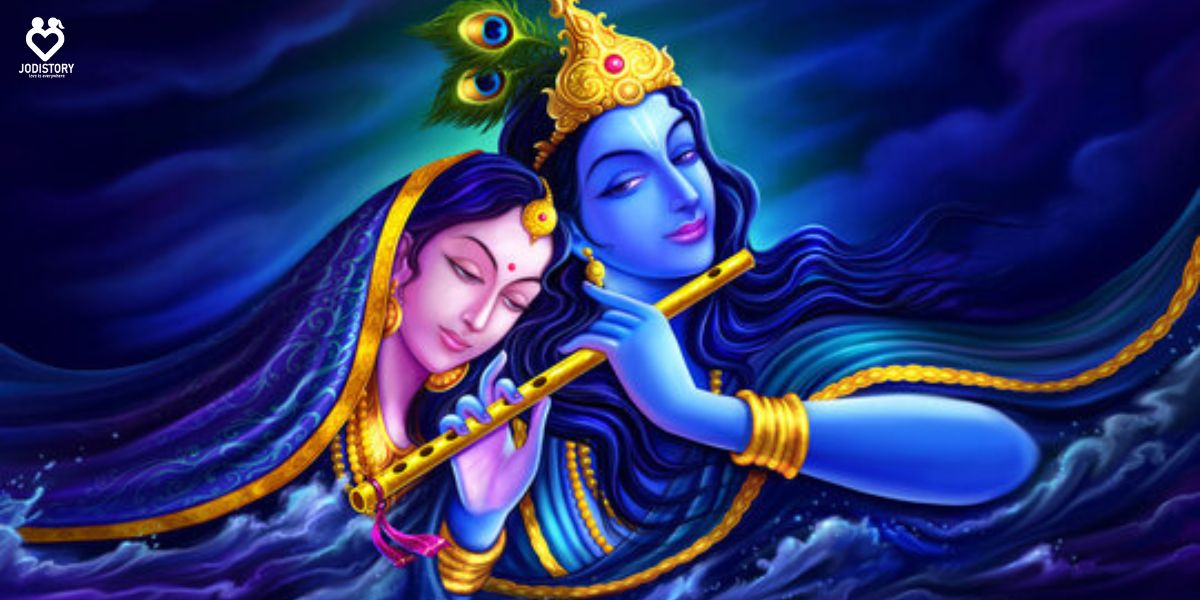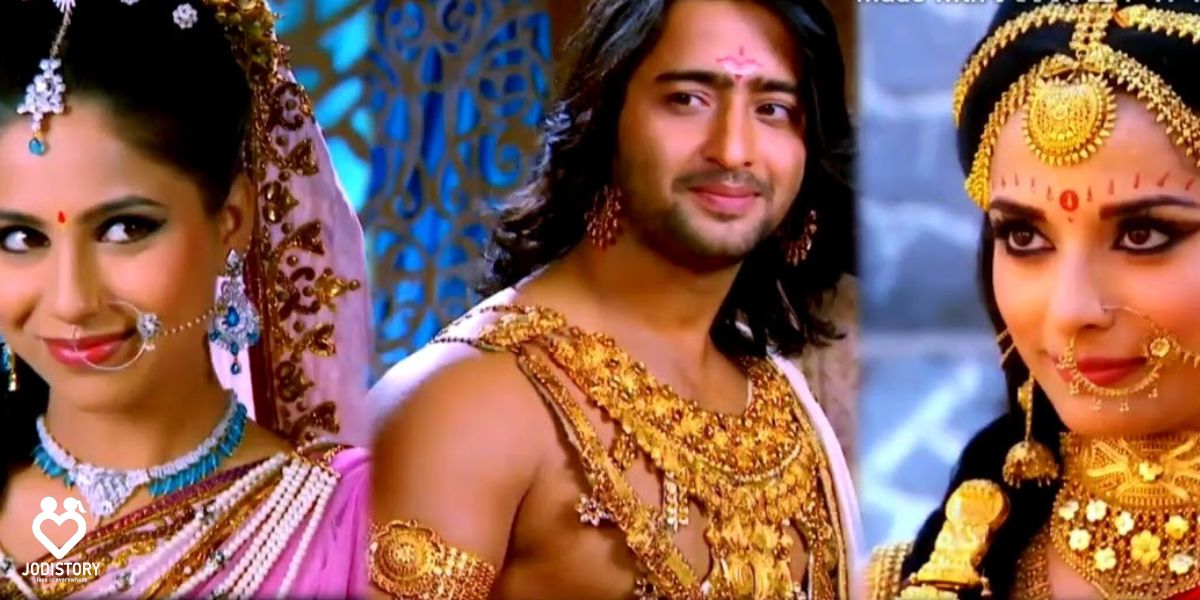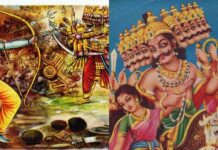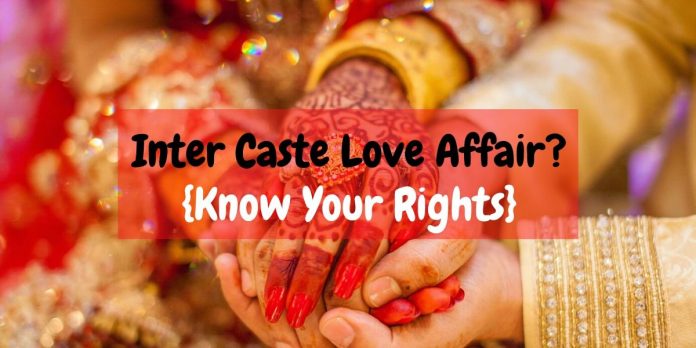Being a Hindu and marrying in another lower caste? You have to face many problems regarding personal life and social life. Because marriage is a pious activity. And we Indians believe in marriage. But when we think of love marriage or intercaste marriage. Lots of questions and confusion started popping up in mind. We have heard of many laws and act on behalf of marriage. Below is a transparent detail of the Inter-caste marriage law Hindu & special marriage act Ambedkar scheme.
Special marriage Act 1954 is the first step towards inter-caste marriage. No divorce during the first year of the Special Marriage Act 1954. Husband-wife must be Hindu in Hindu Marriage Act 1955. Dr. Ambedkar Scheme is for inter-caste married couples.
Must-Read Article
I have a clear answer to Inter-caste marriage law and scheme. You have done inter-caste marriage because of love. But have much confusion regarding laws, schemes & benefits.
Not to worry go through my blog. You will get the answer to every solution. But before that let us know the different marriage Act. It was made by the Indian Government to safeguard human rights.
What is the Special Marriage Act 1954?
Parliament of India has made a law to legalized marriage. Special marriage Act 1954 is a first step towards giving a green single to inter-caste marriage by the Indian parliament.
In some cases, if you are marrying in court. Then your marriage would come under the special marriage Act 1954.
Inter-cast marriage is a taboo in our country. So to sort out the issue regarding inter-caste marriage. Special Marriage Act, 1954 was amended.
Special Marriage Act 1954 is applicable to the following condition
- All Indian and Non-residence Indians come under the Special Marriage Act.
- It is applicable in 7 union territories of India and all states except Jammu & Kashmir.
- Indian with a caste like Hindu, Muslim, Christain, Sikh, Jain, Buddhism, Parsi and Jews can marriage under this act.
- A person belongs to anycaste can apply for the Special Marriage Act 1954. But he/she must be Indian.
- Special marriage Act gives privilege to inter-caste marriage.
What are the requirements needed for Special Marriage Act 1954
- The marriage needs no celebration if it is performed in court.
- The minimum age of bridegroom must be 18 & 21 years according to Indian law.
- To be married bridegroom must be mentally fit at the time of marriage to take a personal decision.
- They should not come under the same blood relationship.
- Both parties must be unmarried at that time. Or they may not have a present life partner at the time of marriage.
- In some cases, the marriage may be performed at District Marriage Office.
- With the intention of marriage. The parties have to file a notice to the Marriage Registrar Office of the district.
- One of the parties going to carry out marriage. Must have to reside for not less than 30 days. Just after the prior notice of marriage is issued to the marriage registrar.
- The marriage officer is obliged to exhibit the notice of the intended marriage bridegroom. By pasting a copy to some noticeable place of the marriage registrar office.
- If the marriage officer, in any case, refuses to formalize the intended marriage. Then the parties can go for an appeal to the District Court within 30 days.
Property succession under Special marriage Act
- If a person married under the special marriage act 1945. Then the succession property to their children will be governed under India Succession Act
- But if the married pair belongs to Hindu, Sikh, Jain or Buddhist religion. In this case the succession of the property will be governed under the Hindu Succession Act.
You cannot apply for divorce during the first year of the Special Marriage Act 1954.
Before completing the 1st marriage anniversary. The parties cannot apply for divorce in the District Court. But in case the relationship is going through hardship and beyond boundaries of suffering. Then a petition for divorce can be filed.
More details on Inter-caste marriage law, Hindu & special marriage act, Ambedkar scheme are waiting for you.
What is the Hindu Marriage Act 1955?
Hindu Marriage Act 1955 was amended by the Indian parliament. The intention of the act was to secure the marriage right for the bride and groom.
This act provides security for a couple. As it binds the bride and groom legally. The Hindu Marriage Act introduced divorce in marriage.
According to Sastrik Law, there was no separation allowed after marriage in any case.
Who can apply for the Hindu Marriage Act 1954?
Marriage is a sacred and pious relationship across the globe. It is a very private, traditional and social affair in India.
If you are going to marry soon. And willing to apply for Hindu Marriage Act 1954. You have to follow these terms and conditions.
- You must belong to Buddhist, Jain or Sikh by religion.
- Non-residence Hindu Indians can also apply for the Act. But they must be Domiciled in Indian territory.
- The marriage will be only valid if both parties are Hindu.
- If one of the parties belongs to Muslim, Christian or Parsi. Then you cannot apply for the Act.
What are the condition for the Hindu Marriage Act?
- The bridegroom must be completed the legal age of marriage of India. The minimum age of the Bride must be of 18 years and the groom is 21 years old.
- At the time of marriage, neither party has a living relationship other than this. The party must not have any spouse.
- Both the party must be mentally fit. They must be capable of making the right decision for their life.
- The parties must not be a cousin in a relationship.
- Both the party are not to be part of a prohibited relationship.
How to apply for marriage registration in the Hindu Marriage Act?
If you have completed your pious wedding. And now planning to apply for registering your marriage. But have no idea how to register for getting a marriage certificate. Here is some information regarding the process.
- First of all, you must ensure that the husband & wife belongs to the Hindu religion. If not Hindu that it must belong to Buddhist, Sikh or Jain religion.
- You have to contact Sub-Divisional Magistrate. Under whose jurisdiction you have solemnized the marriage.
- The pair have to fill the application form and sign it.
- Document needed for age verification. Such as matriculation/inter or graduation certificate.
- Residence proof of husband and wife. You may take PAN card, Adhar card, Voter ID, Electricity bill, etc.
- Two passport size photographs of both the parties. And also one photo of marriage.
- If the marriage invitation card is there you can also attach it to the form.
- In case the marriage was done at any religious place as a temple. You must have to carry the certificate provided by the priest.
- All the documents should be verified and attested by any Gazetted Officer.
- After this, the married couple has to submit the required fee of Rs 100/- to the cashier.
- After submitted the form. once the document is verified. The responsible officer will confirm a date. On which marriage certificate will be issued.
What is the inter-caste Marriage Scheme?
Marrying with a partner of a different religion is called inter-caste marriage. In the Hindu Marriage Act 1955, a Hindu can only marry a Hindu or approved religion on the Act.
In ancient India, people only married in their own caste and religion. If you marry outside of your religion and caste. Then it comes to inter-caste marriage.
But India Government has made a scheme to promote inter-caste marriage.
Dr. Ambedkar Scheme
In 2013 Congress Government launched a scheme for the welfare of couples who married a lower caste partner. Its aim was to give money security and appreciation to the 500 couples across India.
If you married to Schedule Caste partner but you belong to any other higher caste. Then you can avail of the scheme. Let me tell you in detail how to apply for the scheme.
Must-Read Article
What is the condition to apply for Ambedkar Scheme?
- Among married-couple one of the partners must belong to Scheduled Caste and other Non Schedule Caste.
- The marriage must be valid under the Hindu Marriage Act 1955.
- If this is your second marriage then you cannot apply.
- You can apply for the scheme within one year of Marriage only.
- Submission of the false documents only for the sake of incentive is prohibited and punishable.
- The annual income of the couple must not be above INR 5lakh.
The purpose of the incentive is to bring a positive change in the life of a couple.
What is the document required?
- Proof of Identity such as Adhar card or Voter Id card
- A copy of ration card
- Income certificate
- Caste certificate
- Inter-caste marriage certificate issued by any of the following. For instance, certificate provided by Sub Registrar Office, Panchayat president, NSS or SND
- Attested declaration of marriage from the Gazetted officer of the territory.
An incentive of Dr. Ambedkar Scheme
- The government would give an incentive of Rs 2.5lakh to the married couple.
- The scheme would be applicable for 500 couples each year only.
- The amount Rs 25000/- will be released for each married couple to District Authorities.
I hope you got clear detail on Inter-caste marriage law, Hindu & special marriage act, Ambedkar scheme.
Still, have some doubt or have inter caste marriage plan in mind?
Do let’s know?
How is your inter-caste love journey?
Conclusion
No matter if you married inter-caste. The government has taken a step to help and motivate that type of couple. Even the main concern for giving the reward of Rs 2.5 lakh is to encourage inter-caste marriage. The government will grant your marriage under the Hindu Marriage Act. And the Special Marriage Act was the beginning of an inter-caste marriage. So not to worry.












